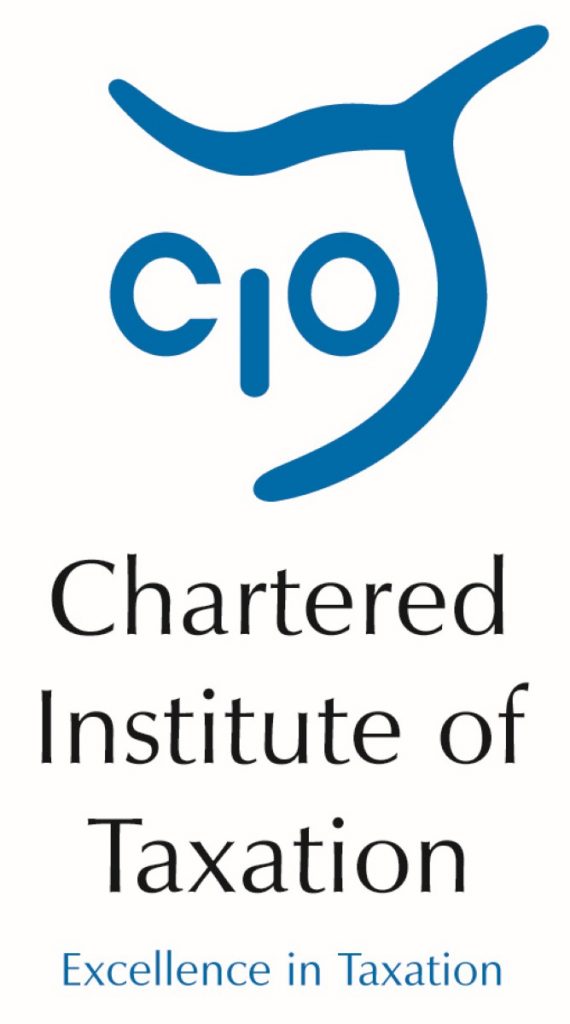The Low Incomes Tax Reform Group (LITRG) welcomes the very limited concessions announced in the Government’s response today to the consultations on Making Tax Digital (MTD).
But LITRG remains strongly of the view that the timetable for implementation is far too tight, and the exemption threshold is far too low, for the MTD programme to be practicable for the majority of the smallest businesses, particularly given the absence of any effective publicity to date.
Anthony Thomas, LITRG Chairman, said:
“We believe that the Government’s vision for a fully digitised tax system has great potential to make compliance easier for the majority; that is why it is crucial that there is enough time to get it right.
“The Government has announced an extensive pilot programme in the run-up to launch in April 2018. Whether one year is sufficient to identify and iron out all the likely glitches in the system – assuming the system itself is ready to be piloted by April 2017 – is questionable.
“HMRC has not yet decided whether the smallest businesses will be allowed any grace before engaging with MTD. So once again we strongly recommend that a phased introduction, with a light touch compliance regime in the early years, is necessary to give this radical new way of working sufficient time to bed in. Even now, with not much more than a year to go before implementation, the majority of small businesses have no idea at all of what MTD is or how it will affect them, which is a lamentable failure of HMRC publicity.
“We are pleased that the Government has listened to the many voices urging that Excel spreadsheet users should continue to be allowed to keep records in that way – even though such users might have to switch to different types of spreadsheets in order to link with HMRC’s approved quarterly reporting software – and it is good news too that three line accounts will remain.
“We applaud HMRC’s intention to allow businesses to qualify for exemption on the principles agreed following the taxpayers’ victory in LH Bishop Electrical Ltd & Others v HMRC Commissioners1 and to publicise the choices available to taxpayers. We note that no decision has yet been made whether to raise the £10,000 lower turnover threshold – we believe it necessary to raise it very substantially otherwise the smallest businesses will spend a disproportionate amount of their time dealing with their administrative burdens rather than running their enterprise which cannot be right or fair.
“Finally, we welcome the availability of free software to the smallest businesses, but repeat our earlier concerns that those who will rely on it must not have a worse experience than those who can afford to use paid-for versions of commercial software. It is still our belief that HMRC should develop software that is fit for purpose and should not rely on the commercial market to deliver this.”
Notes for editors
1. 1. [2013] UKFTT 522 (TC). Three lead appellants, supported by LITRG, appealed to the First-tier Tribunal against HMRC’s requirement that they file their VAT returns online. Held: HMRC’s requirement was a breach of the three appellants’ human rights to the extent that they were elderly, or had a disability which made it difficult or painful for them to use a computer, or lived in a remote area where broadband was unavailable or unreliable. The VAT regulations were amended accordingly to allow those for whom it was not reasonably practicable to file online for those reasons or for any other reason to file by telephone or on paper.
2. 2. HMRC’s response to the consultations published today (31 January) can be found here.
3. 3. Low Incomes Tax Reform Group
The LITRG is an initiative of the Chartered Institute of Taxation (CIOT) to give a voice to the unrepresented. Since 1998 LITRG has been working to improve the policy and processes of the tax, tax credits and associated welfare systems for the benefit of those on low incomes.
The CIOT is the leading professional body in the United Kingdom concerned solely with taxation. The CIOT is an educational charity, promoting education and study of the administration and practice of taxation. One of our key aims is to work for a better, more efficient, tax system for all affected by it – taxpayers, their advisers and the authorities. The CIOT’s work covers all aspects of taxation, including direct and indirect taxes and duties. The CIOT’s 17,600 members have the practising title of ‘Chartered Tax Adviser’ and the designatory letters ‘CTA’, to represent the leading tax qualification.
Contact: Hamant Verma, External Relations Officer, 0207 340 2702 HVerma@ciot.org.uk (Out of hours contact: George Crozier, 07740 477 374)





-01.png)